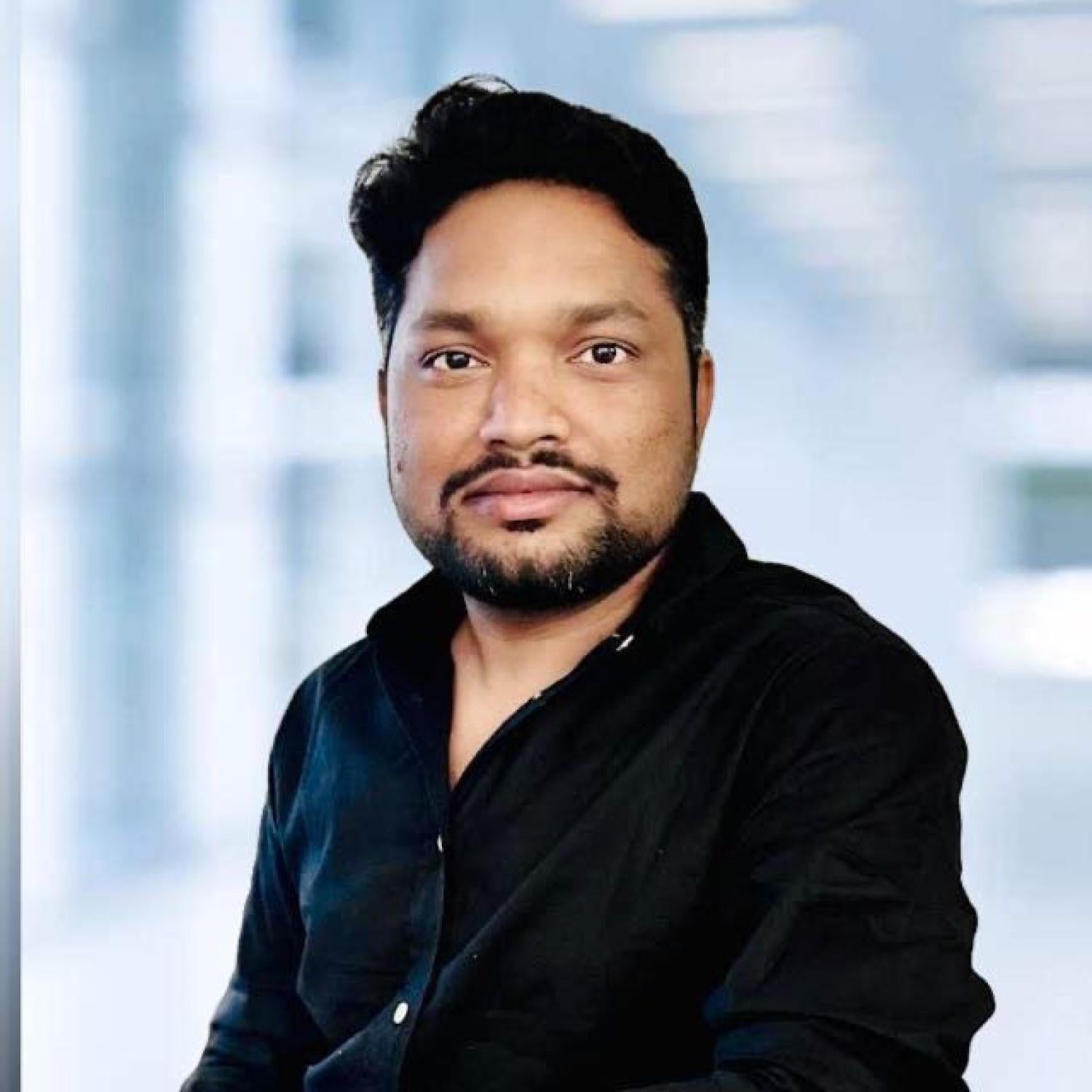Student profile: Gaining skills to work in signal integrity

- Name: Vivek Kamble
- Professional master's subplan:High-speed digital engineering
Tell us a little about your professional and/or educational background.
I was born and brought up in India. Before coming to CU, I did my undergraduate and first master’s degree in electrical engineering in India. My first master’s degree was in RF, electromagnetics, and laser optics. After completing my master’s, I became an assistant professor in India. I taught undergraduate students electromagnetic, antenna, and microwave engineering. I worked there for about five years, but I wanted to pivot to work on some real-world problems instead, so I joined Ansys Inc. as a technical support engineer. I was part of a team that provided technical support and training to customers. After interacting with numerous companies and engineers, I found there is a lack of people in signal integrity and high-speed digital engineering. While RF and antennas were my domain, I wanted to expand my skill set to include high-speed digital design. I knew of professor Eric Bogatin prior to coming to CU because I attended and watched many of his online videos. After I learned that Bogatin and Associate Professor Melinda Piket-May started a high-speed digital engineering professional master’s program, I applied to it and was admitted.
What made you decide to pursue a professional master’s in high-speed digital engineering at CU Boulder?
I wanted to pursue something that was not completely new for me. High-speed digital engineering is an extension to my skill set and experience. I personally felt that the course structure at CU is unique, offering practical oriented courses where you can apply your learning. A couple of the courses are taught by industry experts from companies like Ansys, Keysight, and Siemens, who are big players in the simulation industry with widely used products. I was confident at the time of the application process that this program would make me industry ready in signal integrity and it was true. I got four internship offers this summer while only halfway through my degree.
What is the most interesting thing you learned or explored during your time in the program? Favorite class?
Initially, when I started, I took a core fundamental high-speed digital class by Professor Piket-May and last semester, I took Practical PCB Design and Manufacture (ECEN 5730). What I had learned in the core high-speed digital class, I was able to see in reality in the PCB design class when I fabricated my PCB and measured the results. I included all the base practice that I learned in the high-speed class and PCB design class to my design. Professor Bogatin is a great teacher to learn PCB design and signal integrity from. I learned a lot from both the classes. In addition, it has been a really great experience with Bogatin and Piket-May.
What do you hope to do after you finish your degree?
The experience I have gained while in this program has already helped me get four industry internship offers this summer. I chose to work with Advanced Micro Devices Inc. (AMD) as a signal integrity engineer intern. After completion of my degree, I will be joining the industry working in the field of signal integrity and want to pursue a career in developing high-speed products.
What advice would you give to someone who is considering pursuing a professional master’s in high-speed digital engineering?
This program is structured for engineers who have little to no experience or theoretical background, so even undergraduate students can join. The program gradually progresses in the course structure from fundamental to practical courses and real-time projects. All over the world, there is a high demand for signal integrity and high-speed digital engineers. Everyone wants things at high speed; there is an increase in demand for wireless and fast devices. This program is not just signal integrity but also has EMC (electromagnetic compatibility). If you learn that, a bright career is waiting for you. Companies are struggling to find good signal integrity engineers.
When you’re not studying, what do you like to do?
When I first moved to Boulder, I was not used to the harsh cold winters. The day I landed here, it was a winter storm. Gradually, I really started liking Boulder during the spring and fall. I enjoy going hiking at Chautauqua, gardening, and cooking. I am here with my wife and 2-year-old daughter, so I also spend lots of time with them.

